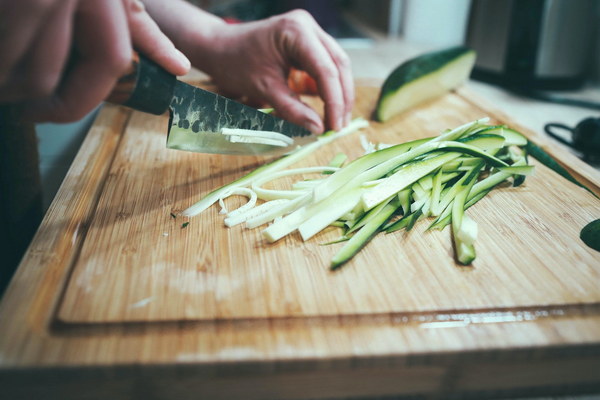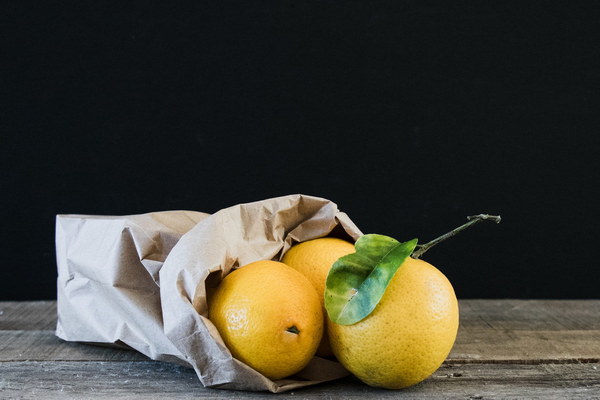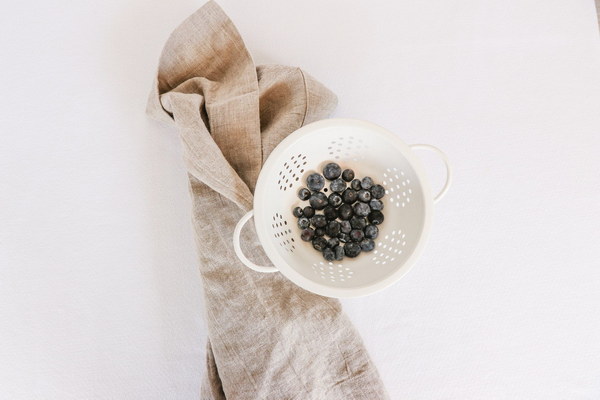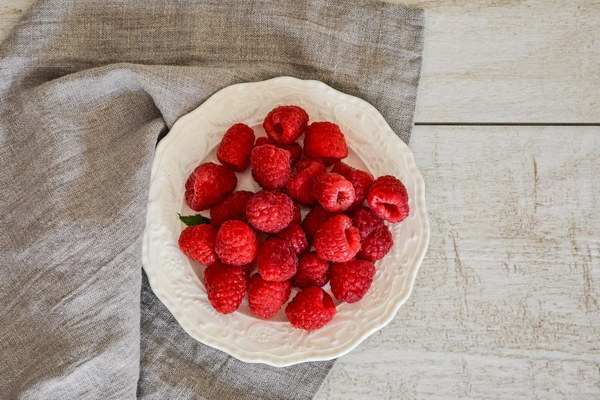Does Applying Ginger Paste Really Help Expel Dampness in Traditional Chinese Medicine
In the realm of Traditional Chinese Medicine (TCM), the concept of dampness is often associated with a variety of health issues. The idea is that dampness can manifest in different ways within the body, leading to discomfort and illness. One popular remedy in TCM is the application of ginger paste, which many believe can expel dampness. But does it really work? Let's delve into the science behind this ancient practice and explore its effectiveness.
Understanding Dampness in TCM
According to TCM, dampness is a type of excess fluid that accumulates in the body, often due to factors like poor diet, damp weather, or excessive consumption of cold and raw foods. When dampness is present, it can disrupt the body's balance, leading to symptoms such as fatigue, bloating, weight gain, and joint pain.
Ginger: A Warm and Spicy Remedy
Ginger (Zingiber officinale) has long been used in TCM for its warming properties. It's believed to help expel dampness by stimulating the body's circulation and promoting the movement of qi (vital energy). In TCM, ginger is often used in various forms, including tea, soups, and even as a compress or paste.
The Science Behind Ginger Paste
While the scientific evidence supporting the use of ginger paste for expelling dampness is limited, some studies have explored its potential benefits. Here are a few key points:
1. Anti-inflammatory properties: Ginger contains compounds called gingerols and shogaols, which have been shown to have anti-inflammatory effects. This may help reduce symptoms associated with dampness, such as joint pain and inflammation.

2. Improved digestion: Ginger is known to aid in digestion by stimulating the production of saliva and bile, which can help break down food and prevent the accumulation of dampness in the digestive system.
3. Circulation-boosting effects: The warming properties of ginger can help improve blood circulation, which may contribute to the elimination of dampness throughout the body.
How to Apply Ginger Paste
If you're interested in trying ginger paste as a remedy for dampness, here's how to apply it:
1. Grate fresh ginger or use ginger powder.
2. Mix the grated ginger or powder with a small amount of water to create a paste.
3. Apply the paste to the areas of the body where you feel dampness, such as the abdomen, lower back, or knees.
4. Cover the area with a warm cloth or bandage to keep the heat in.
5. Leave the paste on for about 20-30 minutes, then rinse off with warm water.
It's important to note that while ginger paste may offer some relief for dampness-related symptoms, it's not a cure-all. If you're experiencing persistent dampness or other health issues, it's best to consult a TCM practitioner for personalized advice.
Conclusion
The use of ginger paste as a remedy for expelling dampness in TCM is a subject of both tradition and curiosity. While the scientific evidence is limited, the anti-inflammatory, digestion-boosting, and circulation-boosting properties of ginger may provide some relief for dampness-related symptoms. However, it's important to approach this remedy with caution and consult a healthcare professional for personalized advice and treatment.









